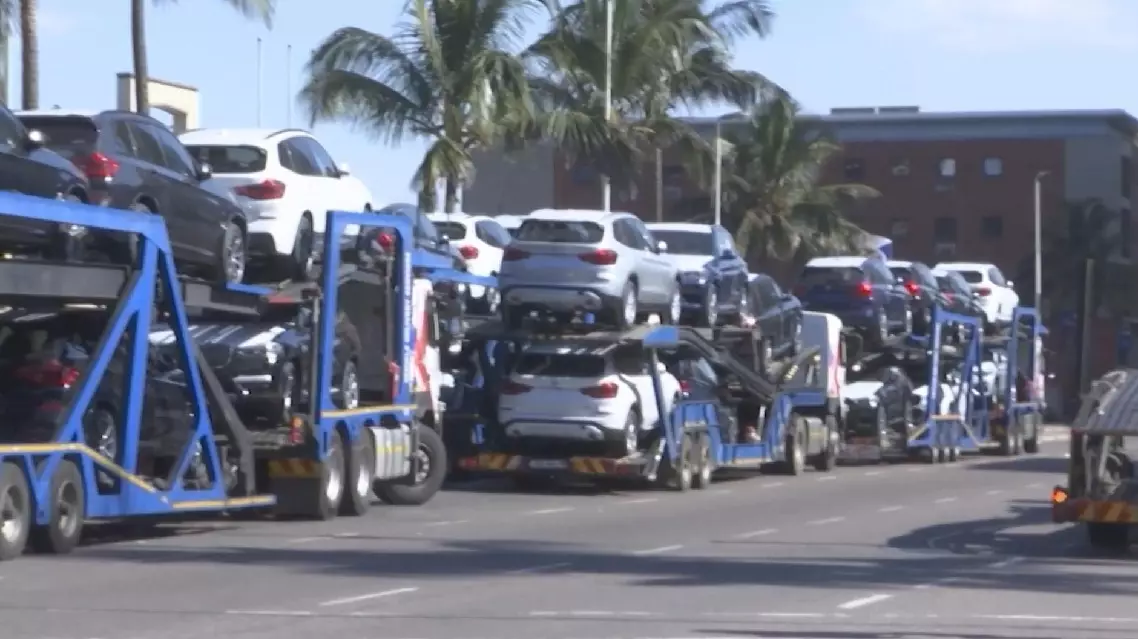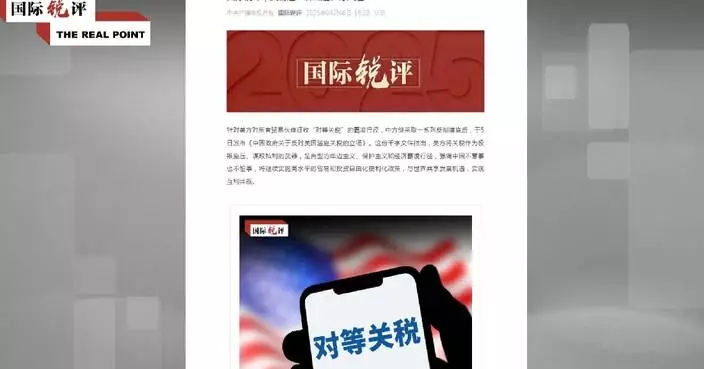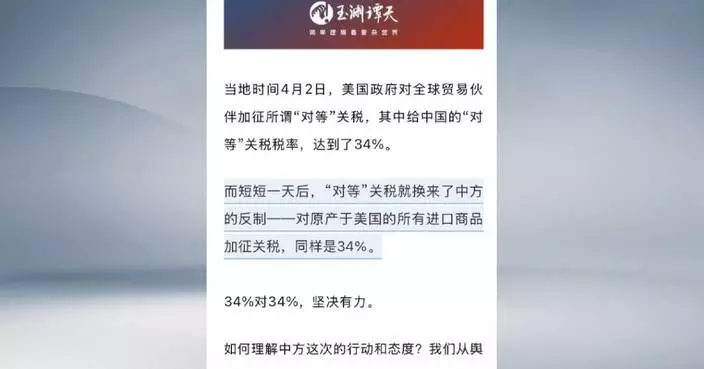Frustrated by sharply rising gold prices during the Spring Festival shopping rush, many cautious Chinese gold buyers are opting to redesign their old jewelry instead of purchasing expensive finished gold products.
Some gold jewelers in Kunming City, southwest China's Yunnan Province have reported a notable decrease in customer traffic during the Spring Festival holiday, traditionally the peak season for gold jewelry sales.
The decline has come as a result of high prices of the precious metal, according to one of the jewelers.
"In the period around the Spring Festival holiday, the price of gold has increased by approximately 40 yuan (about 5.5 U.S. dollars) per gram. Customers' first reaction upon entering the store is that the gold prices are excessively high. So, the foot traffic has decreased by an estimated 40 to 50 percent," Gao Shunyan, a saleswoman, said.
Many staff members of gold retailers believe that consumers' wait-and-see attitude is fed by the uncertainty about where gold prices will go next.
Meanwhile, a trend of redesigning old gold jewelry and customizing new pieces has been emerging in China.
At a jewelry store located in Nanjing, east China's Jiangsu Province, five to six customers arrived with their old gold jewelry for redesign and customization as soon as the store opened in the morning. The three goldsmiths there were busy fulfilling their requests. Without changing the weight, the processing fee for remodeling jewelry is only 10 to 15 yuan (roughly 1.4 to 2 U.S. dollars) per gram. Mr. Qing brought an old gold bracelet and also bought a gold bar to create a new bracelet for his wife. The goldsmith spent over two hours completing the task.
According to Qing, cost-effectiveness and personalization are the reasons why many consumers have chosen to redesign their old jewelry.
"The jewelry brands' products sold at stores are quite expensive. It seems that they all are sold at over 800 yuan (around 110 U.S. dollars) per gram now. I bought a gold bar for processing, which is relatively more cost-effective," Qing said.

Remodeling gold jewelry gets popular in China amid surging gold prices
A 25 percent import tariff on all foreign-built vehicles entering the United States has raised serious concerns for manufacturers in South Africa.
Automotive giants like Mercedes and BMW have long used South Africa as a base for global exports -- but those plans may be shifting into reverse gear after the U.S. announced the punitive measures.
"If you take, for example, BMW, 97 percent of the X3 that we are producing in Rosslyn is exported out of the country. We only sell 3 percent in South Africa, and there's a huge number of those vehicles that also go into the U.S. So there are companies in South Africa that are purely here not because they are selling vehicles in South Africa; they are here to produce vehicles for the global market, and it's important for them to remain globally competitive," said Mike Mabasa, CEO of the National Association of Automobile Manufacturers of South Africa.
U.S. automaker Ford, which has deep roots in South Africa, is also in the crosshairs.
The company recently invested over 300 million U.S. dollars to upgrade its Silverton plant in Pretoria, South Africa, for the production of the world's only plug-in hybrid Ranger, which has just entered production but could face delays or restrictions.
"If an American citizen wants to buy specifically a Ford Ranger that is a plug-in hybrid, they can only place an order in South Africa, nowhere else in the world. So, that means, obviously, the capacity of Ford to be able to produce those vehicles in big volumes is going to be constrained, because Americans are going be looking at another Ford that is produced in another country, or even in the United States," said Mabasa.
South Africa has long enjoyed duty-free automotive exports to the U.S. under the African Growth and Opportunity Act, but that relationship now hangs in the balance.
A sharp shift in U.S. foreign policy threatens to derail an industry that employs thousands and contributes around 5 percent to the country's economy.
"We produce less than 1 percent of global automotive vehicles, so to say. So, in reality, the impact on us is likely to be more disproportionate than those of our peers that produce at the same level. And the risk is actually created -- a concentration risk -- in countries that have greater capacity and are building more; in those countries will be able to absorb some of this," said Parks Tau, South Africa's minister of trade and industry.
Amid growing concerns about overreliance on the U.S. market, Amith Singh, national manager for manufacturing at Nedbank Commercial Bank, emphasized the importance of tapping into regional trade opportunities.
"I think we need to make better use of some of our local agreements, our African continental agreements. How do we leverage that? How do we partner with the government and private sector to start benefiting the countries and the economies aside from the United States? So, those could be the catalyst to drive our localization projects; it could be what we need to drive the African economy as opposed to being completely reliant on the States (United States)," he said.
South Africa is for now standing firm in its decision not to retaliate against steep U.S. import tariffs, set to take effect in just a few days.
Officials in Pretoria acknowledge the challenges posed by the current U.S. administration but are pursuing a diplomatic approach in hopes of maintaining stable relations and preserving the African Growth and Opportunity Act.

US tariffs rock South Africa’s auto industry















































